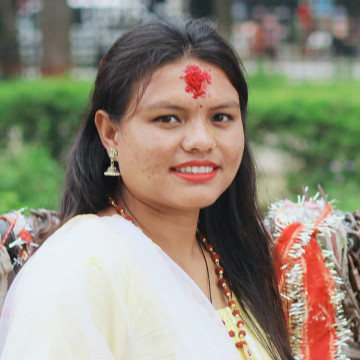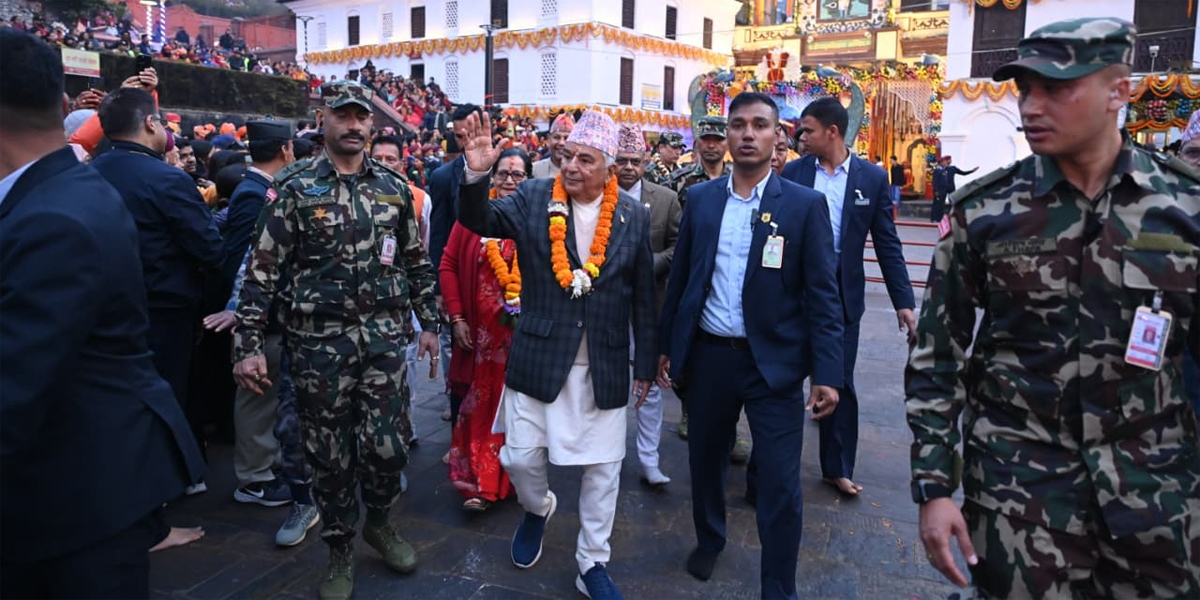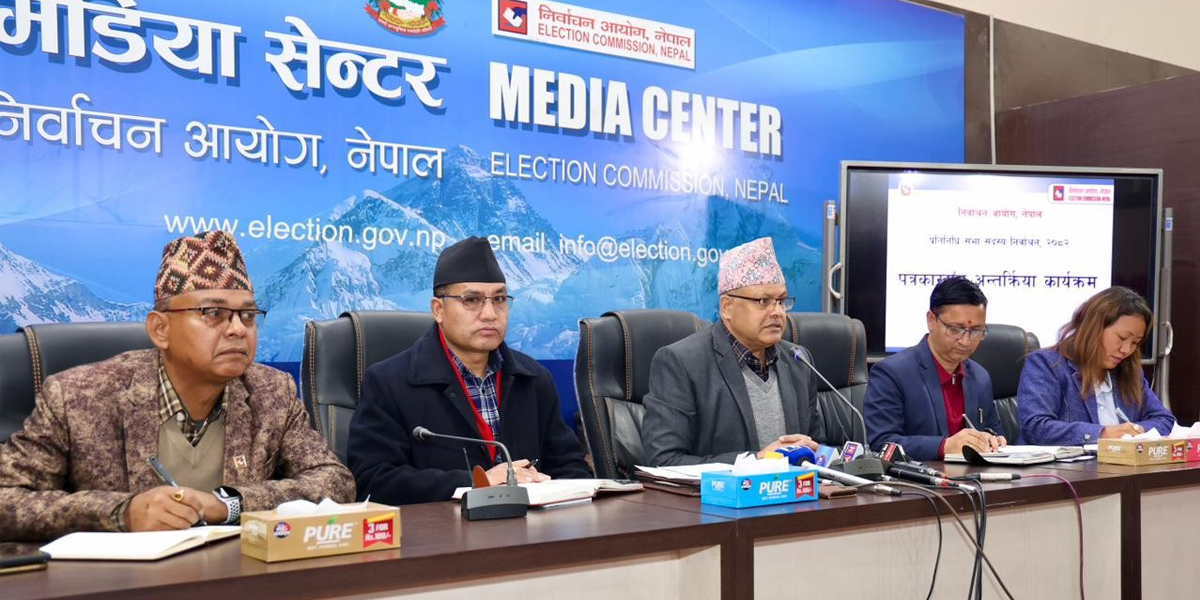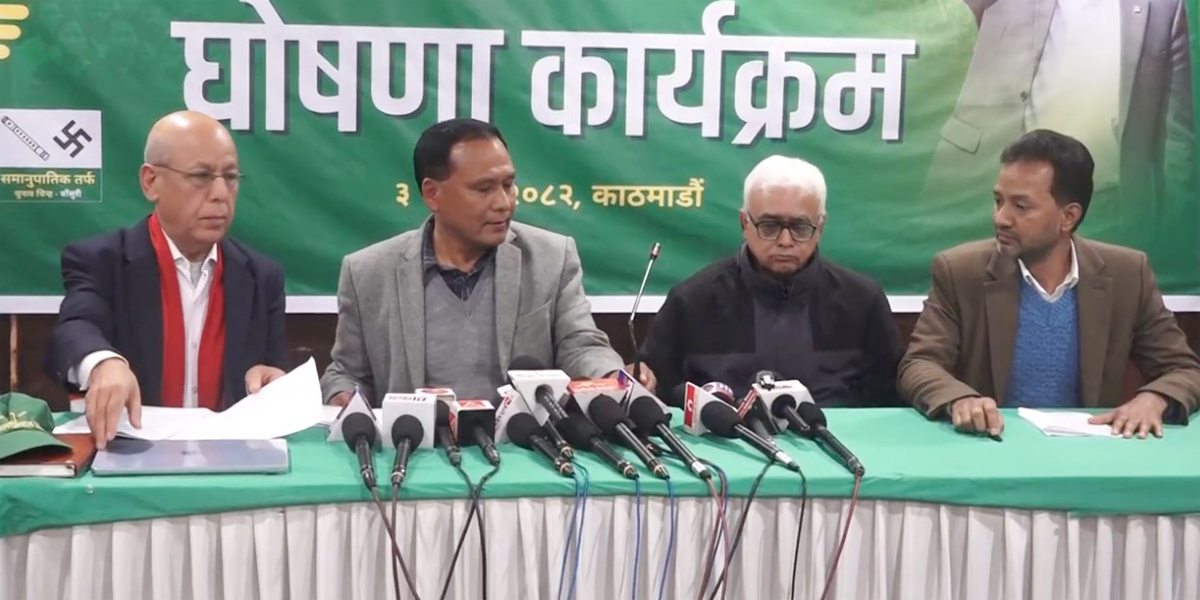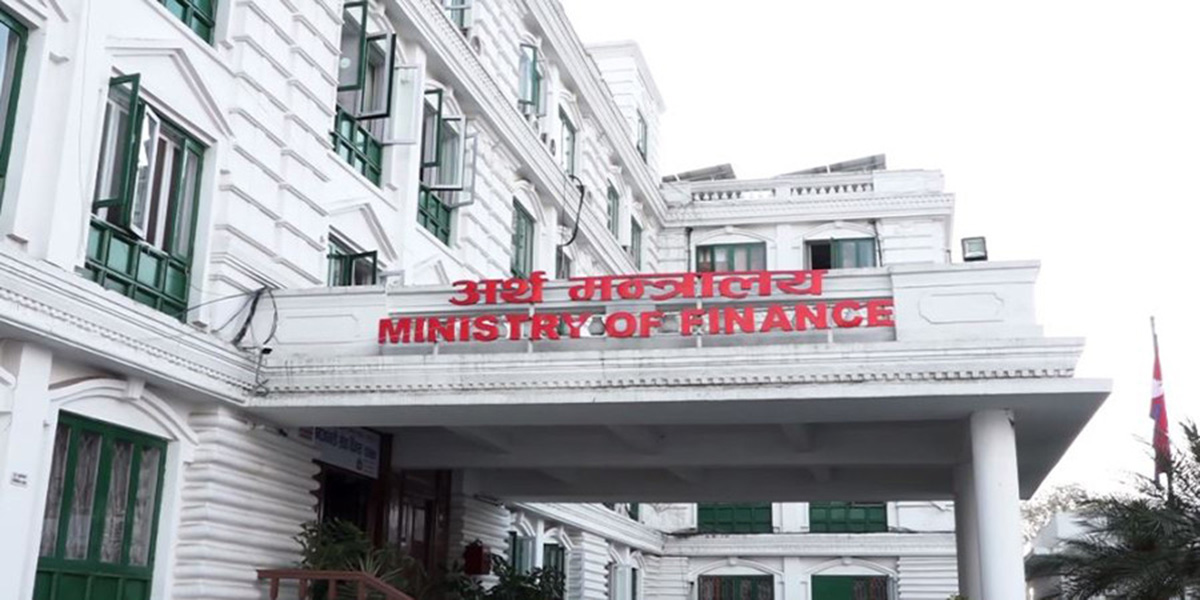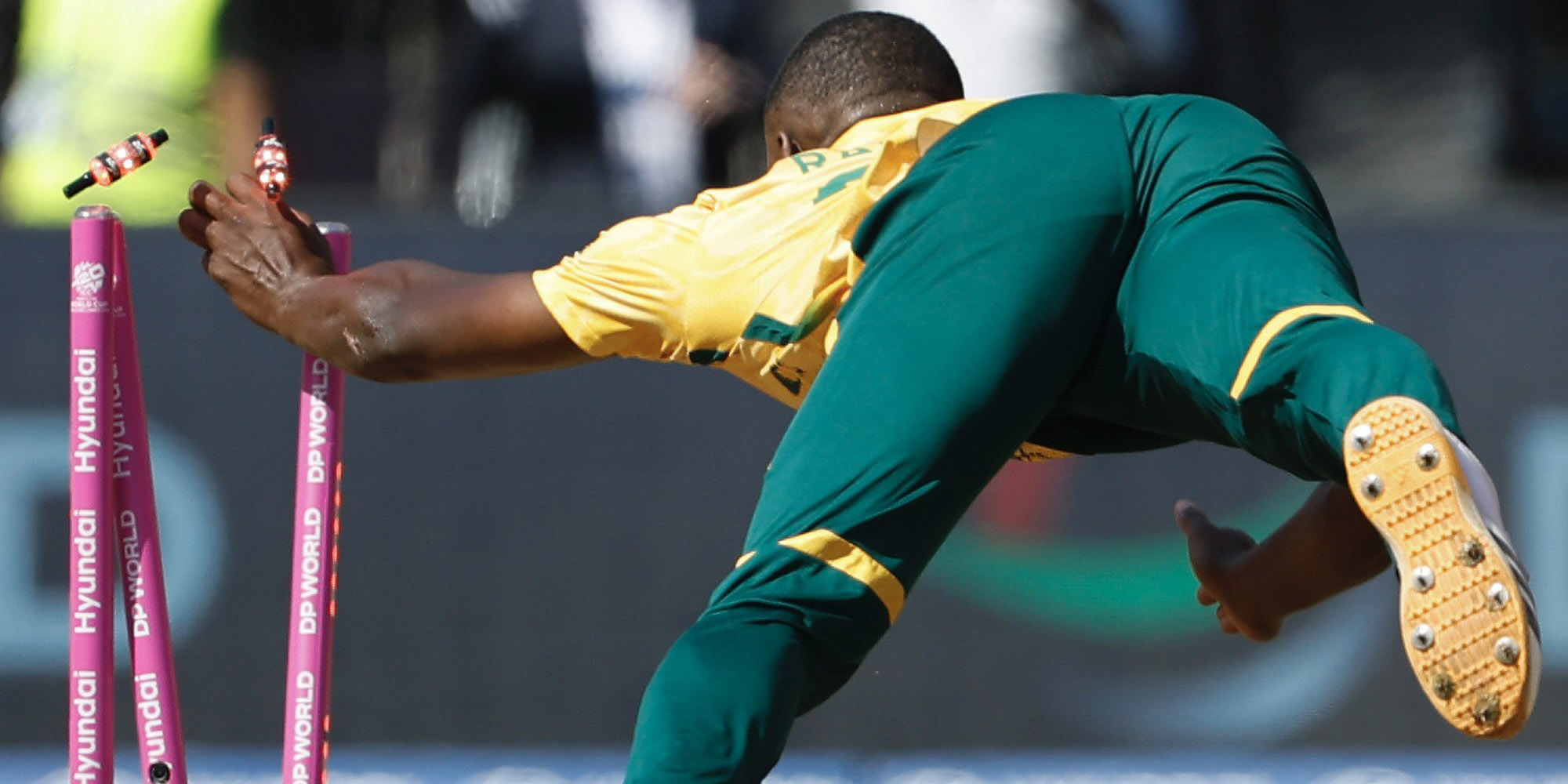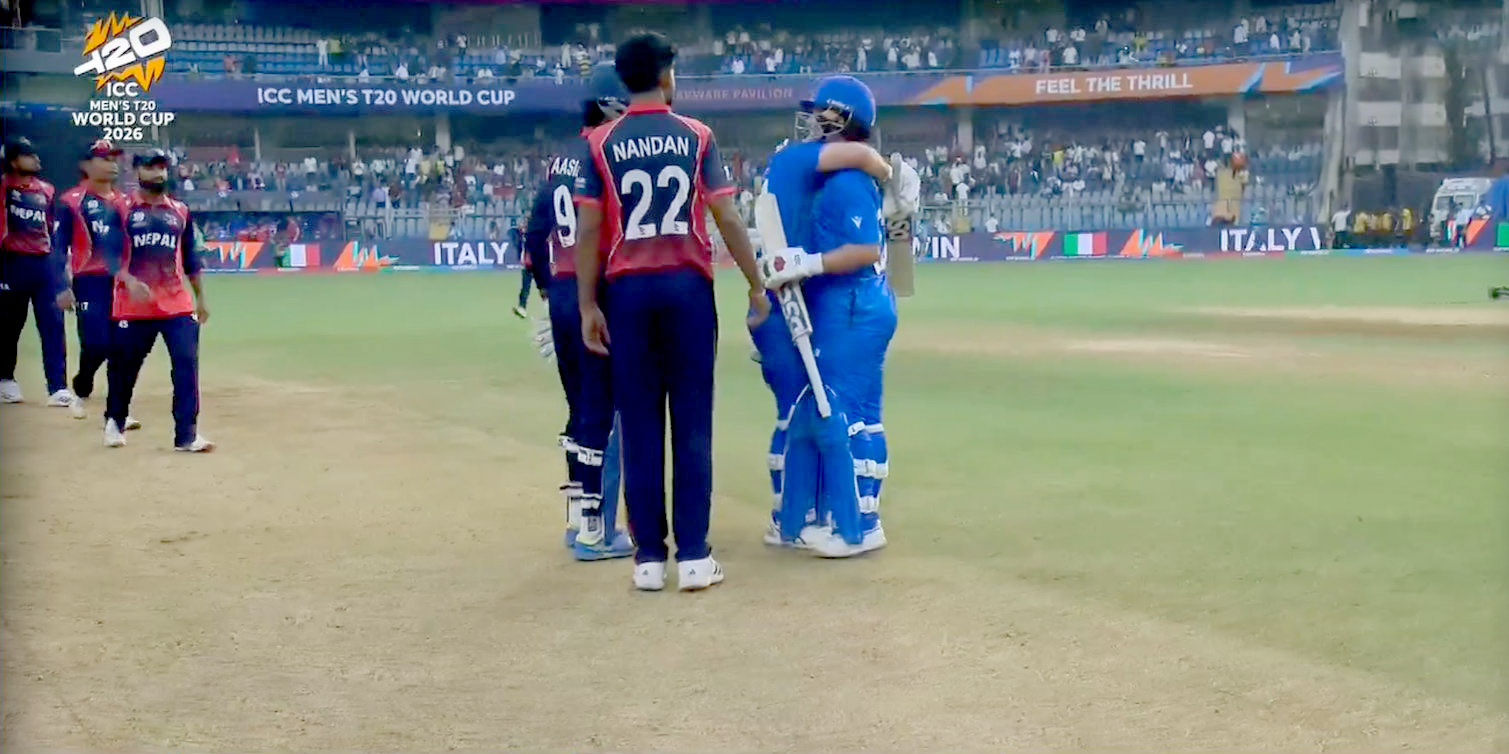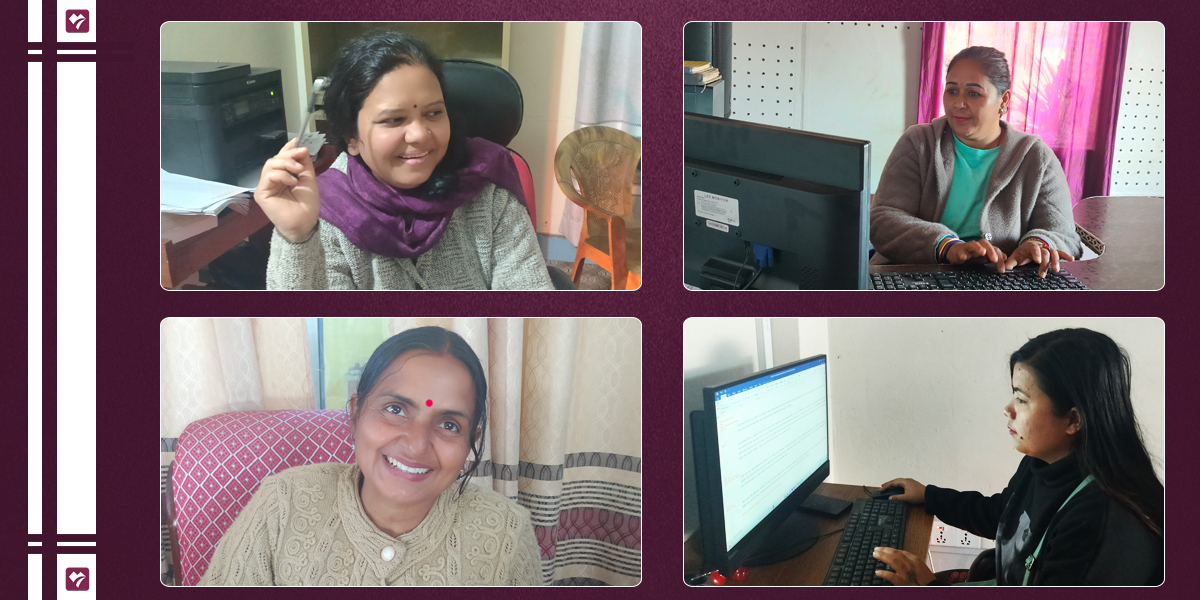
SURKHET: Deepa Koirala has dedicated the past 18 years to the field of journalism, wielding her diary, pen, and recorder as not only tools of the trade, but also weapons to shed light on the issues faced by ordinary people. Through her writing, she has effectively communicated these issues to the relevant authorities, advocating for the rights of those she writes about.
Despite her efforts to bring about positive change through her profession, she faces numerous challenges within the industry. According to Koirala, journalism is not an easy profession; it requires hard work, honesty, and self-confidence to succeed.
Deepa Koirala highlights the gender disparity in journalism, with fewer women compared to men in the field. She observes that many female journalists tend to disappear from the profession shortly after starting their career, despite their initial enthusiasm and determination.
According to Koirala, one of the main reasons for this trend is the lack of recognition and appreciation for the work of female journalists. She believes that their contributions are not valued as much as those of their male counterparts, leading to a discouraging work environment. As a result, many talented women leave the profession prematurely.
Deepa Koirala shares her experience that working as a woman journalist is even more challenging outside of Kathmandu. She notes that even when walking alone or with a male colleague for work, people tend to criticize and judge them, which can be demotivating. This could be a reason for many women journalists outside the Kathmandu Valley to lose their passion for the profession.
Koirala also mentions that family problems cause some of her female journalist friends to leave the profession. However, despite the challenges, she continues to persevere in her work thanks to the support of her family. She acknowledges that she is fortunate to have a husband, mother-in-law, and two children who support her in her career.
According to journalist Sarjana Budhathoki, gender discrimination is prevalent in the field of journalism. She notes that men with little experience are often preferred for higher positions, while women who have worked for years and have extensive experience are overlooked.
The statistics in Surkhet also demonstrate the gender imbalance in the field of journalism. Out of the 67 registered newspapers in Surkhet, only 10 have female journalists working for them. Similarly, there are only two women journalists working for two television stations in Surkhet, while 10 women are working for 11 FM radio stations. Although there are 37 news portals in Surkhet, only seven are working in this medium. Similarly, 15 women are working as freelancers. These numbers clearly indicate the under-representation of women in the field of journalism in Surkhet.
Nirmala Regmi from Birendranagar-8 also highlights the challenges faced by women journalists due to political influence and nepotism in the field. She expresses that gender discrimination remains pervasive regardless of the profession, and women journalists are particularly vulnerable to it. Nirmala has been working in journalism since 1996, and she shares that it was a difficult time when she started, with no proper payment. However, she has seen some improvement in recent years. Despite this, Nirmala acknowledges that there are still challenges that women journalists face in the field.
Tilsara BK from Humla has had a disappointing experience as a woman journalist. She contested for the post of secretary of the Humla district chapter of the Federation of Nepali Journalists (FNJ) in March last year but was forced to withdraw due to a less experienced male journalist who gave a rebel candidacy. Tilsara states that women are not given equal opportunities to work, and she received no support or encouragement, leading to her withdrawal from the candidacy.
Sukmaya Shahi from Mugu also shares a similar sentiment. expressing that women journalists outside the capital city face difficulties in the profession due to their association with men. She believes that this is a significant factor in why women journalists outside the capital do not continue in the field for a long time. “Women journalists are often linked with different men which makes it difficult for them to continue in the profession. That is why women journalists outside the capital city do not continue for a long time,” she added.
Similarly, Shobha Regmi, who has been active in the journalism scene since 1998, believes that it is difficult for women journalists to continue in the profession due to social and economic challenges, as well as household issues. “Many exit this profession also because of the lack of good facilities,” she said.
Lalit Basyal, the promoter of Surkhetpatra and the president of the Surkhet district chapter of FNJ, recognizes the need for competent female journalists. “Women who can face challenges are still surviving in journalism,” he said. “However, most of the women discontinue after they get married citing family reasons.”
The Surkhet branch of FNJ has been organizing capacity building and skill development training for women journalists. “We give special priority to women, as well as those from the indigenous nationalities and Dalit community for such programs,” he added. “We want to see more women in the profession.”

